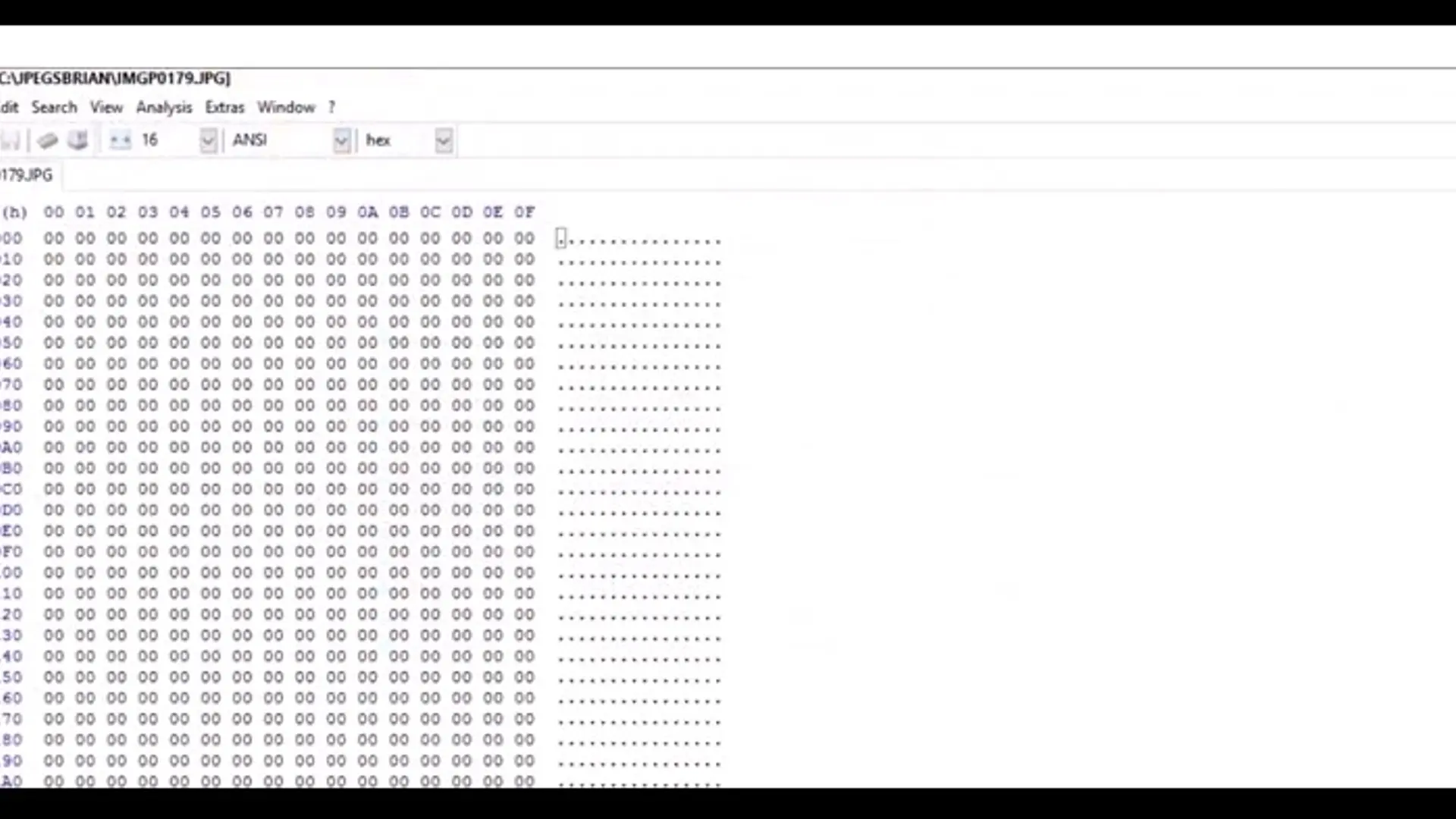

How to forget about hackers forever

Owning a website is like creating a physical store or office. A website is a place where your audience comes in and makes their purchases. As you make your site live, it is like opening the store to let in people. Just like an average store, people should get on your website as they come to a physical shop, and probably make a purchase when they feel like doing so.
However, a person may want to gain access to information without your permission. Just like in a typical office, some people ought to come to your website and gain unauthorized entry or usage of your information. As a result, doors have locks, and buildings have gates. A site requires this kind of protection against hackers. Hackers go to websites and steal sensitive data such as your customer's credit card information. It is a legal standard to ensure that your website stays free from these attacks. In most cases, some countries still hold it as a legal obligation.
In the course of this article, Igor Gamanenko, the Semalt Customer Success Manager, tells how to protect your website from cyber attacks.
Protecting customer privacy
Hackers have many wrong objectives when performing their hacks. In some cases, they seek to steal or spoil your company's reputation. In other cases, hackers disturb and leave funny pictures on people's accounts affect hacking. The list of damages a hacker can do is endless. However, there are some measures, which can make your website secure. Just like real thieves, they are likely to steal when you leave the door open. Some actions you can apply to deal with this include:
Stay up to date. It is essential to stay knowing the new tricks, which hackers can use on anytime. As a result, you can beware and apply necessary measures on time, before they strike. Some websites like "The Hacker News" can provide you with valuable information.
Toughen up access control. For a website, the admin information should be very secret. The admin control can be an easy path for a hacker to gain the full information of a website. It is important to use login information and passwords, which are difficult to guess. Also, you can limit the number of successive failed login attempts. This exception should include emails since one can hack it first and change the password.
Network security. Setting up a network firewall can help your company save up a lot on the hack attempts. One should set up and keep updating the firewalls as well as making sure the computers are in good control. For instance, the computers can log out after a few minutes of inactivity.
Conclusion

The security of a website and its users are very important. Hackers have numerous tools and techniques which they use to get to websites and carry out some of their ill tasks. Some common hacker breaches include people collecting credit card data from a website and selling them over the dark net. To avoid such problems, site owners can use this guide to ensure there are adequate security and safety. These steps can save you, your company or your staff millions of cash.







